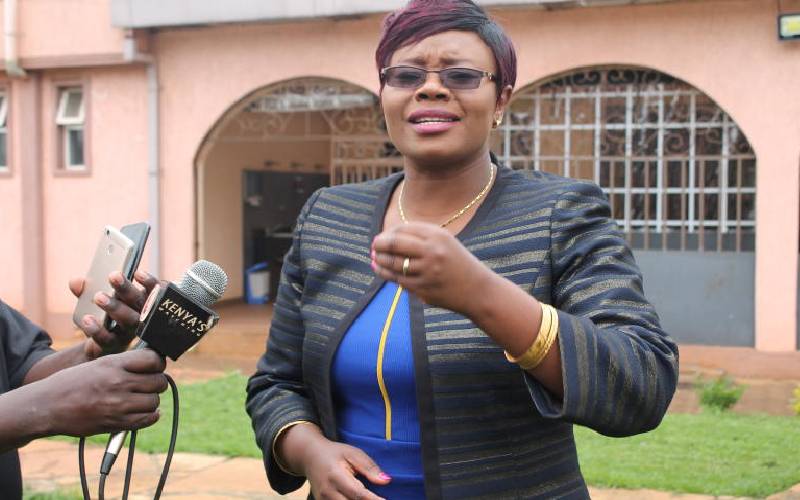×
The Standard e-Paper
Smart Minds Choose Us

Kiambu County Woman Rep Gathoni Wamuchomba. [File, Standard]
An MP has proposed that all elected leaders and government officials should only be treated in local public hospitals whenever they fall sick.